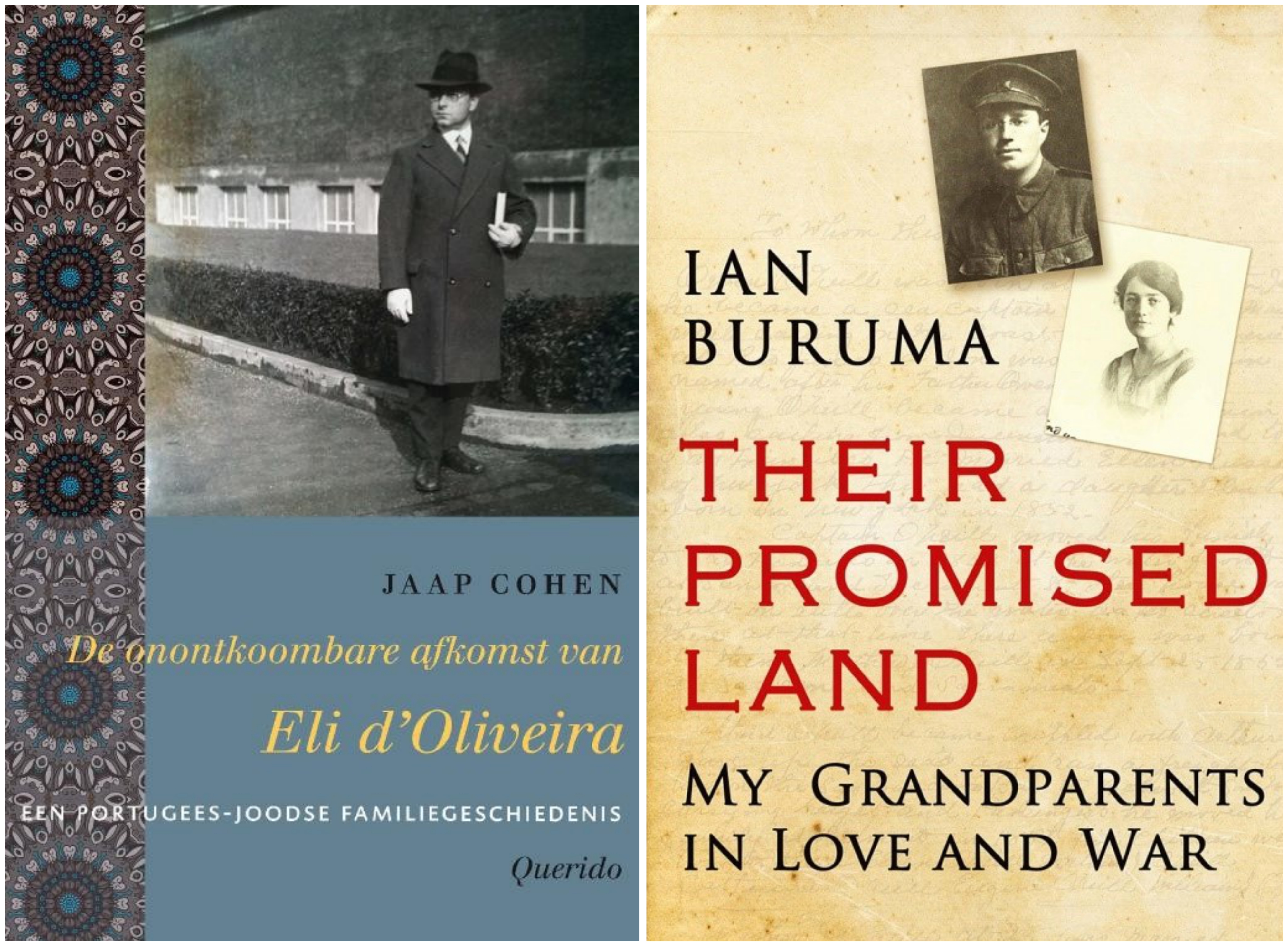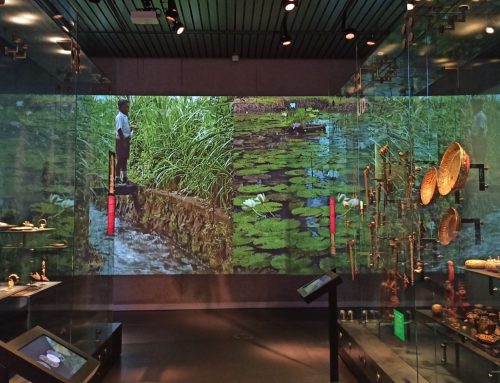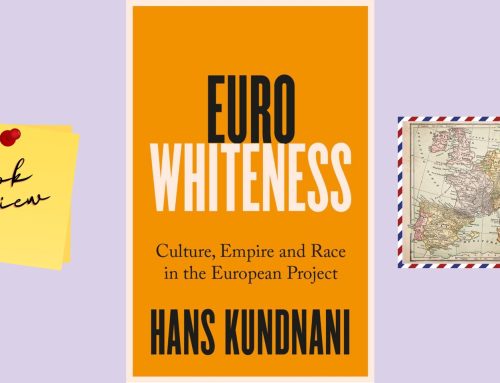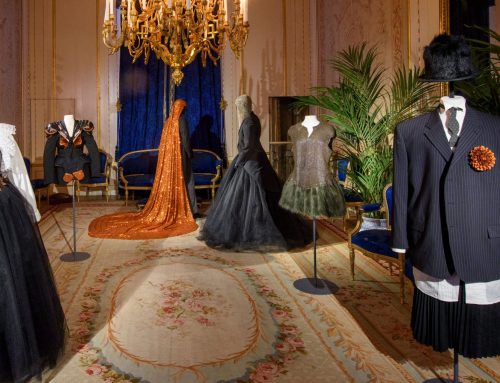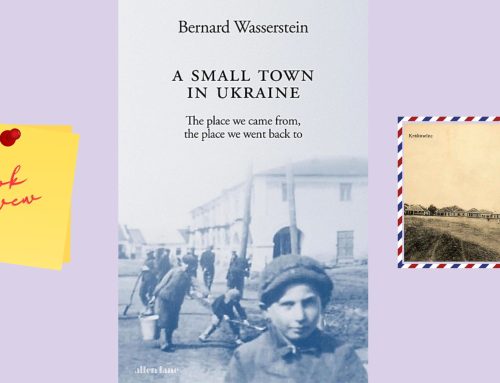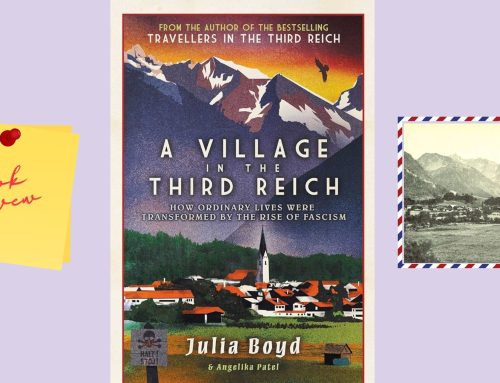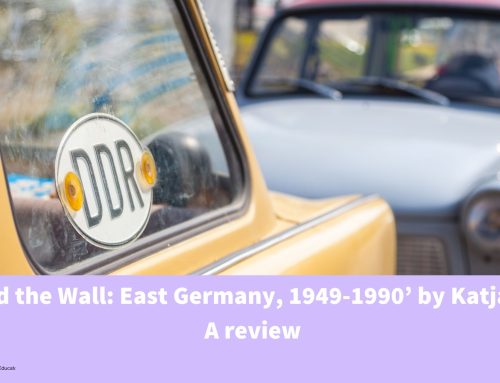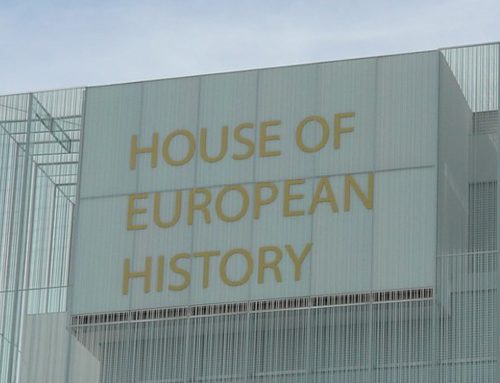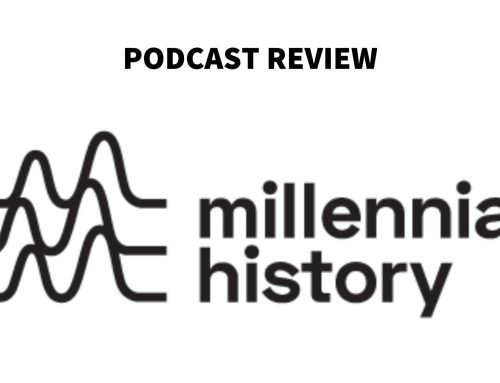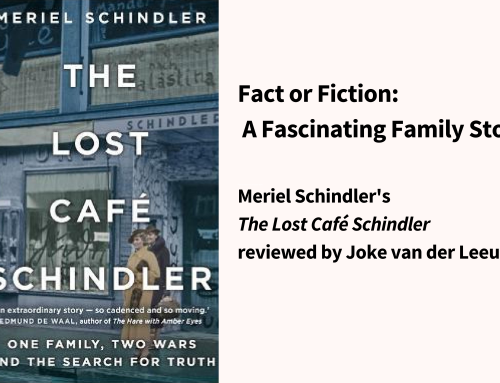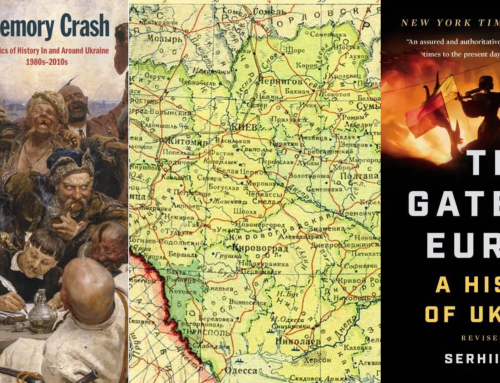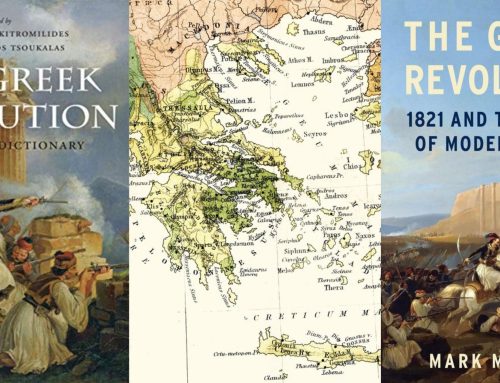When I was still living at my parents’ home our family doctor was Elsa Jesserum d’Oliviera. One of my best friends was her daughter Suzanne Rodrigues Pereira. I was also –very secretly- in love with her brother Rob. As we were also almost neighbours, I frequented their home regularly. I knew that they, as a Jewish family, had suffered during the war and that family members had been murdered. However, specific details were unknown to me, and I did not dare to ask more than what was voiced. In 2015 the Dutch historian Jaap Cohen wrote his PHD theses The inescapable descent of Eli d’Oliveira, a Portuguese Jewish family history (De onontkoombare afkomst van Eli d’Oliveira, Een Portugees-Joodse familiegeschiedenis). The main focus of the book is the life of Eli d’Oliveira, the grandfather of my friend Suzanne, but it also looks into the wider Jesserum d’Oliviera family, and indeed into the life and fate of her mother, our family doctor. It answered many of my unasked questions. However, above anything all, the book gave insights how Portuguese Jewish families preserved their identity in Dutch Society and by doing so distanced themselves from the Dutch Ashkenazi Jews. The book Their Promised Land. My grandparents in Love and War by Ian Burema, is about the German/English Jewish Schlesinger family. His grandparents Bernard and Winnifred wrote each other many (loving) letters, on which Burema was able to base his family history. Although this book tells a very different story, also here the manner how the family handled their Jewish identity plays an important role.
Both books are good reads for understanding the predominantly 20th century history of integrated – or perhaps even more, assimilated – Jewish families, where religion was abandoned. They were respected members of the society, and did not apply divergent rites or habits. In the case of the Schlesinger family, the family members even did their utmost to be more British than the British. However, the families were recognized as Jews by their societies, and certainly the Schlesinger family experienced (vague) anti-Semitism in their everyday life.
The Oliviera family was immediately understood as Jewish by the Nazis after their occupation of the Netherlands. Grandfather Eli Oliviera tried, together with many other Dutch Jews from Portuguese origin, to give evidence that they entered the Netherlands in the 17th Century as Christians and, that they therefore would not qualify as Jews but as members of the Mediterranean race. They also pointed out that their highly cultured community was superior to the culture of the Dutch Ashkenazi Jews. A long legal procedure followed and finally failed, resulting in the deportation and murdering of most members of the community, including grandfather Eli. Mother Elsa escaped this ultimate lot. She was deported to the Dutch concentration camp Westerbork but through an exceptional and almost incredible turn of fate, was able to return during Wartime to Amsterdam. She had fallen in love with Paul Rodrigues Pereira and before the end of the war they even had a baby boy. The couple was among the first couples marrying after the end of the War.
Why should you not read these books?
Cohen follows meticulously and at length the legal approaches explored by Eli Oliviera and other Portuguese Jews to avoid deportation. This is perhaps a little too much for an ordinary reader. But, on the other hand, it shows how, based on racial philosophy thinking of the Nazis, people tried to counter argue their approaches. I presume that few people are aware of this small chapter in the history of the Shoah. Burema has not written a deeply intellectual book. It focuses predominantly on the relationship of the couple writing letters, without going too much in depth into contextual information.
Why should you read these books?
Both books go beyond the Shoah and offer valuable insight in the variety of Jewish life before the Holocaust, showing Jews as actors instead of victims. Their Promised Land. My grandparents in Love and War is a pleasant book about migration, integration, assimilation and emancipation, but also about love between two people who were separated during both wars, when Bernard was doing his duty as medical Orderly. In The inescapable descent of Eli d’Oliveira, a Portuguese Jewish family history the history of the Oliviera family is told in a much longer perspective. It shows the different pathways of family members after they entered the Netherlands in the late 17th Century. We also are made aware that around 1940 the concept of race was still very much accepted in mainstream academic work and measuring race features was common practice in anthropology. Elsa Oliviera herself was involved in a survey measuring members of the Portuguese Jewish Community and Ashkenazi Jews, which lead to the conclusion that the first group could not be considered Jewish.
How can history, citizenship and heritage education benefit?
Both books give evidence of how little people knew, or were able to realize about the position and fate of the Jews. The administration in both countries closed the frontiers for Jewish refugees in the late thirties. When the UK government decided to allow 10.000 children to come to Britain, under the strict condition that their parents were not allowed to accompany them, the Schlesinger family took loving care of ten of those children. But in their everyday letter conversations during the war, the fate of the Jews in occupied Europe was not a dominant topic. And even the Oliveira family avoided looking further that their goal to avoid deportation, what was beyond was probably unimaginable. The two books also help to develop an understanding for the complexity of identities. Both give evidence that before the Shoah holocaust there was also discrimination and sense of superiority among some Jewish people. The Schlesinger family offered help to German family members and the refugee children, but regularly have comments on their negative habits, which they describe as Jewish. In the case of Eli Oliviera, students may notice that he was even willing to use Nazi ways of thinking, discriminating against Ashkenazi Jews, to avoid deportation. A good teacher can in this case challenge their students to think how to make choices under impossible circumstances. Both books zoom in on the effect of big history events on personal lives, always a good thing for classroom teaching. And last but not least, both authors explain their readers how finding unexpected historical sources enabled them to write their books. Good for students to understand that serendipity often functions as base for historical writing.
THE INESCAPABLE DESCENT OF ELI D'OLIVEIRA, A PORTUGUESE JEWISH FAMILY HISTORY (2015)
| Author | Jaap Cohen |
| Original title | De onontkoombare afkomst van Eli d’Oliveira, Een Portugees-Joodse familiegeschiedenis |
| Original language | Dutch |
| Available in | Dutch |
| Genre | History |
THEIR PROMISED LAND. MY GRANDPARENTS IN LOVE AND WAR (2016)
| Author | Ian Burema |
| Original title | Their Promised Land. My grandparents in Love and War. |
| Original language | English |
| Available in | English, Dutch |
| Genre | History |

